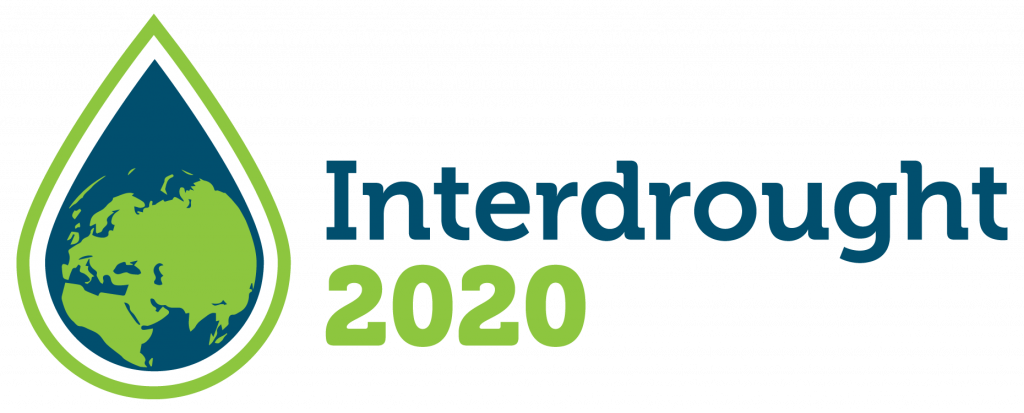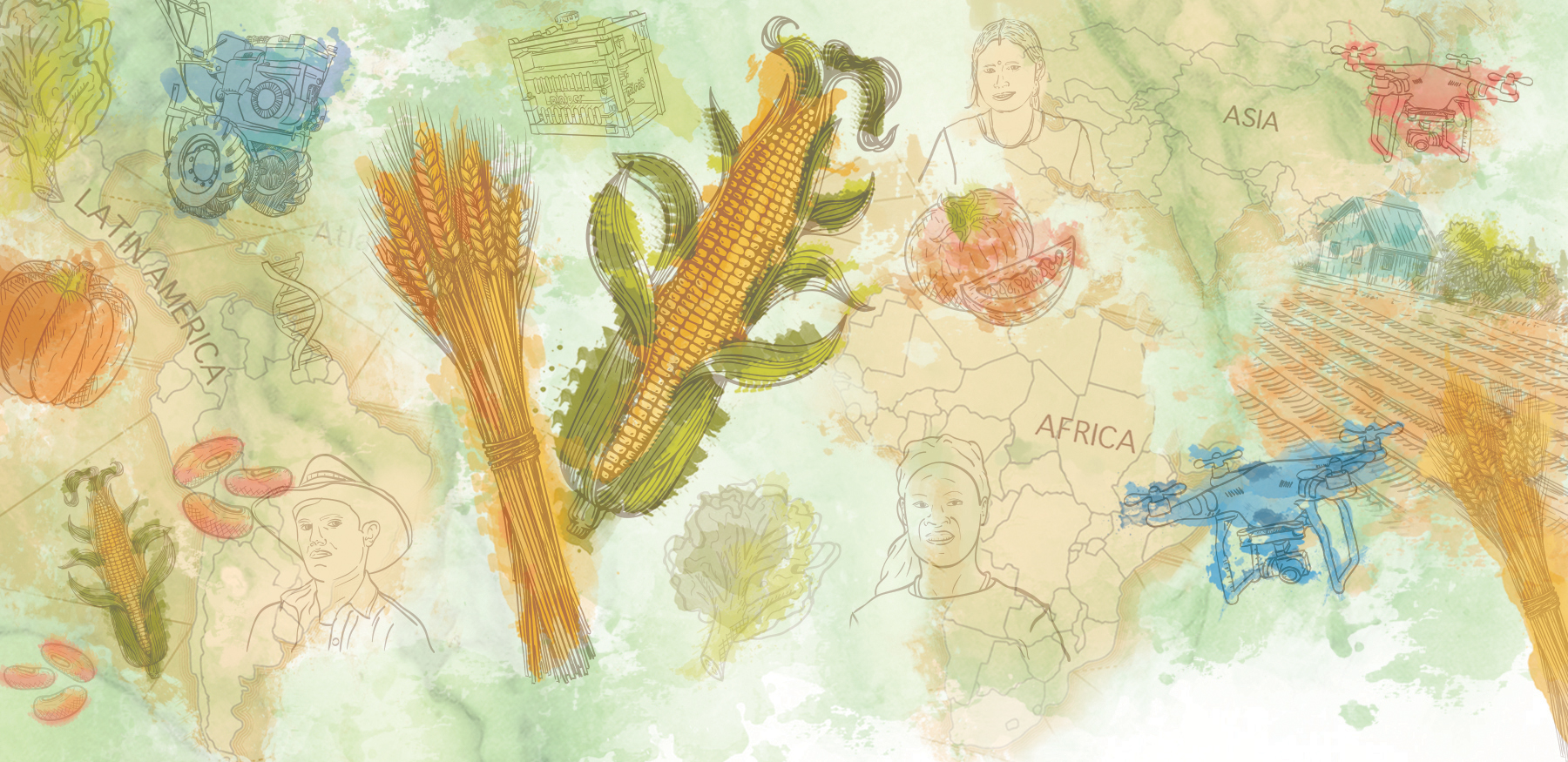
The critical global challenge of significantly increasing food production by 2050 is exacerbated by water limitations. Droughts and water scarcity affect crop production across the world and global climate warming is aggravating this effect. A central challenge for researchers and policymakers is to devise technologies that lend greater resilience to agricultural production in drier environments.
The Interdrought 2020 congress presents the latest developments to address this global challenge.
Interdrought 2020 was scheduled to be held in Mexico City in March 2020. As it was not possible to proceed with the congress as a face-to-face meeting due to the travel restrictions associated with the COVID-19 pandemic, the organizing committee has delivered the scientific program of the congress online. Congress proceedings are available at interdrought2020.cimmyt.org.
Today the organizing committee extended the reach of the congress proceedings to the global community by providing free online access to 43 presentations, 75 abstracts and 35 posters. The complete book of abstracts can also be downloaded. To date over 10,000 members of the scientific community have been invited to watch presentations and read the proceedings online.
Internationally recognized keynote speakers participated in the seven main sessions, supported by nine symposia convened by global experts, on topics ranging from breeding and management approaches to the basic science of plant–water relations.
State-of-the-art research and technology
Interdrought 2020 is an opportunity for scientific leaders from across the world to share the latest research and technology developments to advance plant production in water-limited situations. Interdrought 2020 embraces the philosophy of presenting and integrating results of both applied and basic research towards the development of solutions for improving crop production under drought-prone conditions.
Interdrought 2020, also known as Interdrought VI (IDVI) is the sixth congress in the series. It builds on the success of previous congresses held in Montpellier in 1995, Rome in 2005, Shanghai in 2009, Perth in 2013, and Hyderabad in 2017.
The congress was organized by the International Maize and Wheat Improvement Center (CIMMYT) and the University of Queensland. The organizers share a strong history of collaboration in crop research and agronomy that seeks to increase wheat’s tolerance to drought and its yield potential in hot conditions, such as those seen in Queensland, Australia, and Sonora, Mexico.
The organizers and the congress committee would like to thank major sponsors Corteva, the Grains Research and Development Corporation (GRDC), the University of Queensland, and supporting sponsors in silico Plants, the Journal of Experimental Botany, Illumina, Analitek, and LI-COR. Our sponsors’ belief in the value of the scientific content enabled us to deliver congress proceedings to not only delegates but the broader scientific community.
For more information, please contact
Professor Graeme Hammer
Chair of the Interdrought 2020 congress committee
g.hammer@uq.edu.au
About CIMMYT
The International Maize and Wheat Improvement Center (CIMMYT) is the global leader in publicly-funded maize and wheat research and related farming systems. Headquartered near Mexico City, CIMMYT works with hundreds of partners throughout the developing world to sustainably increase the productivity of maize and wheat cropping systems, thus improving global food security and reducing poverty. CIMMYT is a member of the CGIAR System and leads the CGIAR Research Programs on Maize and Wheat and the Excellence in Breeding Platform. The Center receives support from national governments, foundations, development banks and other public and private agencies. For more information, visit www.cimmyt.org.
QAAFI at the University of Queensland
The Queensland Alliance for Agriculture and Food Innovation (QAAFI) is a research institute of the University of Queensland supported by the Queensland Government via the Department of Agriculture and Fisheries. QAAFI is comprised of four inter-related research centres working across crops, horticulture, animals, and nutrition and food sciences, with a focus on addressing challenges in the tropical and subtropical systems. For more information visit www.qaafi.uq.edu.au/about.

 Innovations
Innovations 
